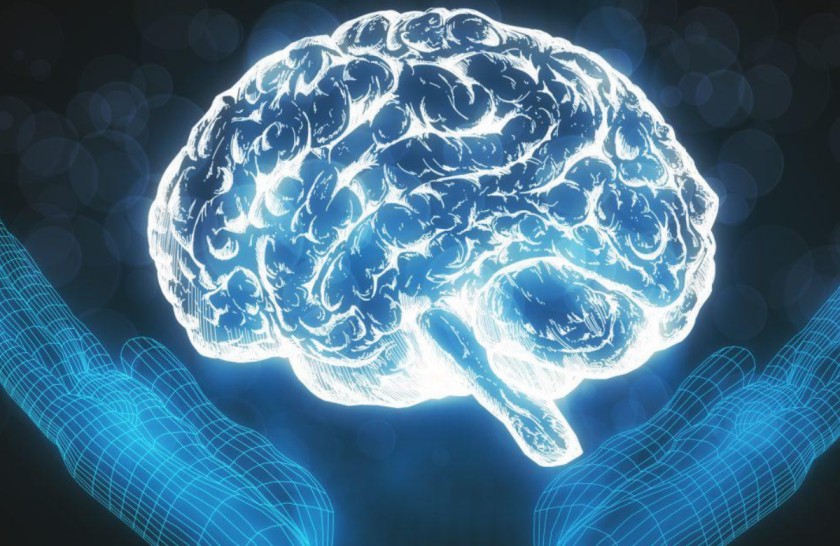- October 14, 2022
Mental Health: Can AI be my therapist?

With a mental health crisis affecting millions in India, discover how AI offers 24/7 support and personalized care.
The world is witnessing a severe mental health crisis. According to a report by the WHO, around 56 million Indians suffer from depression, and 38 million experience some kind of anxiety disorder. The country’s mental health workforce is also gravely understaffed with there being a severe shortage of psychiatrists and psychologists compared to the number of people suffering from mental illness.
Artificial Intelligence (AI) can prove to be a powerful tool in the fight against the mental health crisis. Here are its benefits:
Reduces the burden on mental health professionals: AI can provide immense support to mental health professionals. Algorithms can be used to analyse and process data; suggest appropriate treatments as well as track a patient’s progress. AI and mental health professionals can work together to achieve better results.
Easy access to all: AI tools are available 24/7, at no cost, and they reduce the stigma around accessing treatment. These tools can either be used as stand-alone treatment agents or as a supplement to traditional therapy.
Tracking progress and personalised care: It is evident that the use of AI within mental health services can be a game-changer. It not only gives a deeper insight into a patient’s needs but also helps track their progress.
Quality control
Several mental health clinics are experimenting with automated ways to monitor the quality of therapy sessions. Tech firms are working on tools that can help to better understand the conversation between therapists and clients. Such tools can help ensure high standards of service.
Counselling with AI
One of the main benefits of using AI in clinical care is its ability to collect massive amounts of data and gather insights from it. mental health professionals can use these data resources and collect clinically actionable targets to provide more effective and personalised care to their patients.
At World Well-Being Project (WWBP) in Philadelphia, researchers used an AI algorithm to collect data from several social media users to examine their posts for identification of linguistic cues that could predict depression. AI also has the potential to pick up on vocal features the human ear can’t and analyse vocal cues to predict mental illnesses like depression, post-traumatic stress disorder and schizophrenia.
Several companies today are using chatbots that provide direct counselling services to employees by analysing their usage of words in their conversations.
Future prospects
The primary results of inclusion of AI in mental health are promising and the future of long-term efficacy is yet to be determined. Despite it being dependent on several factors, if the industry is able to overcome certain major obstacles, AI will definitely appear as an adjunct in mental healthcare delivery.
Written by Ajay Malgaonkar. Malgaonkar is offshore head of engineering, Prolifics, a digital and engineering consulting firm.
